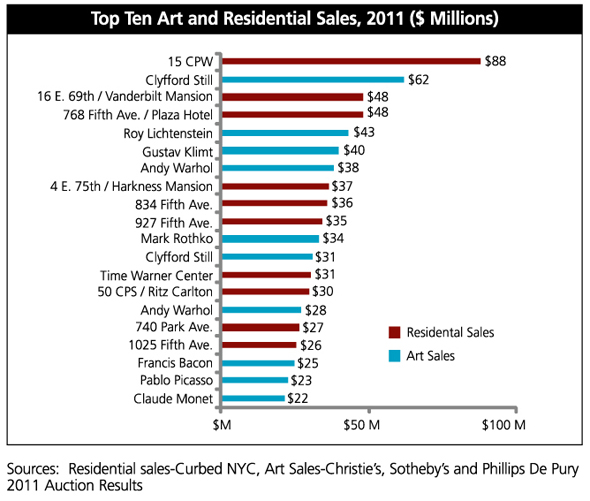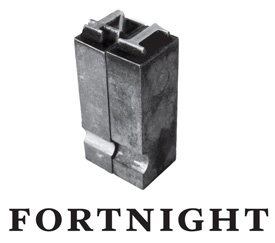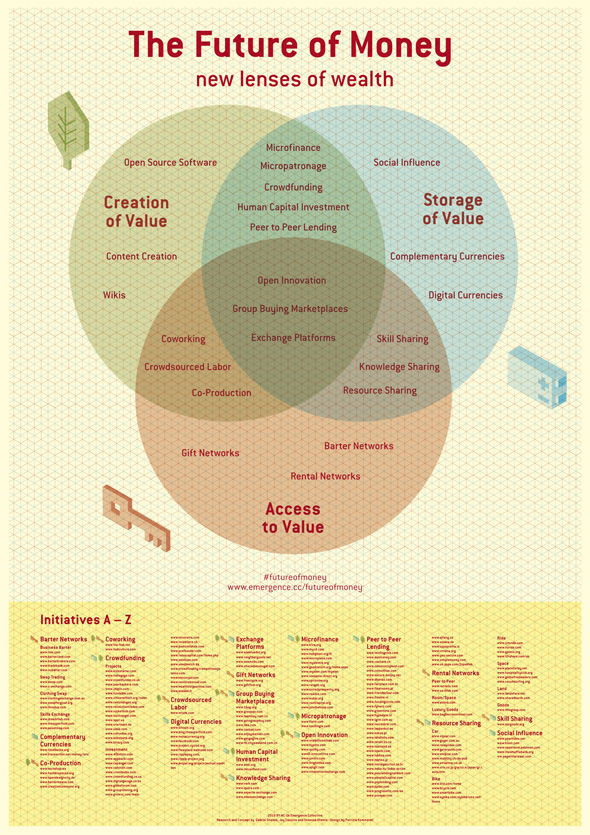Go Here Now: Brooklyn's CharitySub Reimagines Philanthropy
 May 3, 2012 Tweet
May 3, 2012 Tweet We're always on the lookout for new initiatives and ideas that fit into the Future of Money infographic that we shared back in December. In February, for instance, we told you about Carrotmob's "buycotts." Now we're thrilled to highlight a new website that's based right here in Brooklyn.
Straight out of Carroll Gardens, CharitySub makes supporting good causes simple and easy. Each month the website picks three worthy nonprofits that are working toward similar goals. Then its subscribers, who chip in a modest $5 per month, get to choose which of those organizations receive their money. This month's "Working Dogs" theme, for instance, offers the option of supporting Angel On A Leash's therapy dogs, Canine Partners for Life's service dogs or Connecticut Canine Search and Rescue.
To make sure that its subscribers' money will be put to good use, CharitySub carefully selects its charities based on their impact, fiscal responsibility and transparency. It also provides subscribers with statistics on their giving and shareable illustrated reports on how charities have used their donations.
By automating the giving process, taking care of the research and footwork and pooling funds to make a bigger impact, CharitySub is an exciting and inspiring example of how the power of emerging economic systems can be harnessed for good. The only hard part will be deciding which of those cute and heroic pups to support.
-- John Ruscher
 Email tagged
Email tagged  Brooklyn,
Brooklyn,  Charity,
Charity,  CharitySub,
CharitySub,  Go Here Now,
Go Here Now,  economy,
economy,  good cause,
good cause,  money
money 



